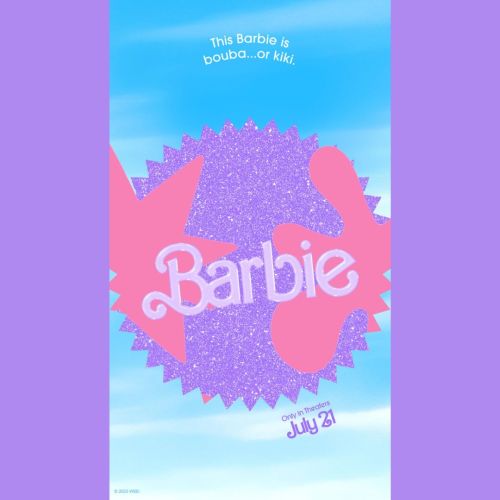March-April 2023: Bluesky, Barbie bouba/kiki, and Bea Wolf
My newsletter for March-April 2023: Bluesky, Barbie bouba/kiki, and Bea Wolf
In April, I made an account on bluesky and enjoyed some wordplay there, which is still (so far) going strong as a twitter replacement.
The main episodes of Lingthusiasm these two months were Bringing stories to life in Auslan – Interview with Gabrielle Hodge, which was our second bimodal bilingual episode, this time in Auslan and English, as well as Tone and Intonation? Tone and Intonation!
The…

